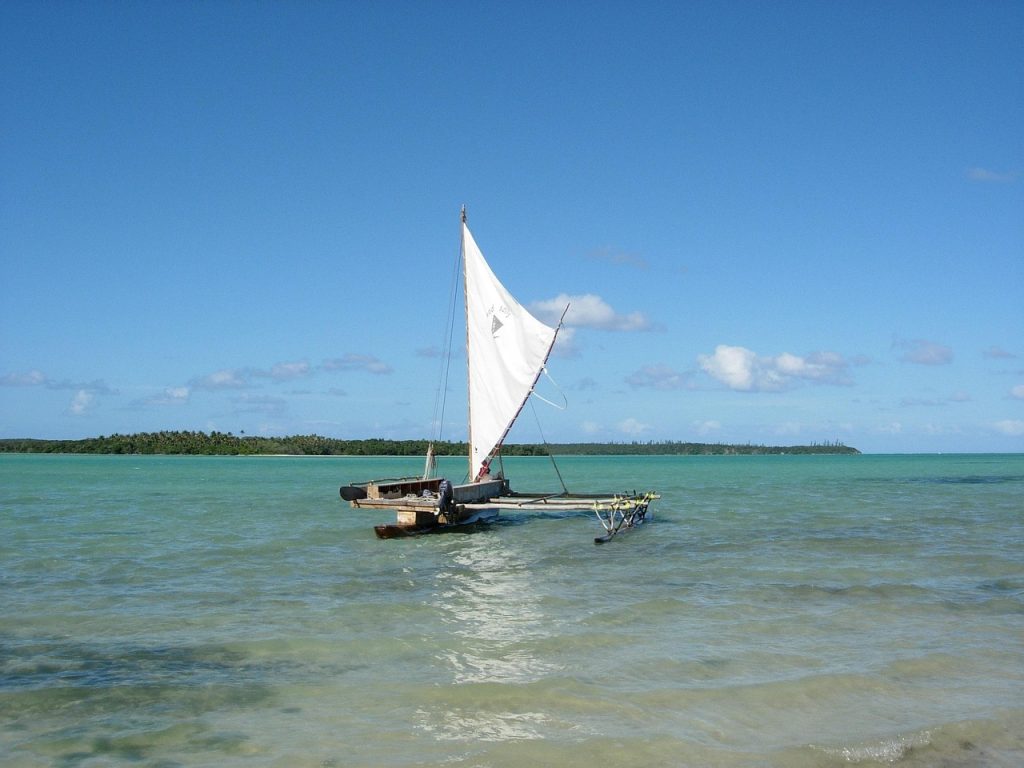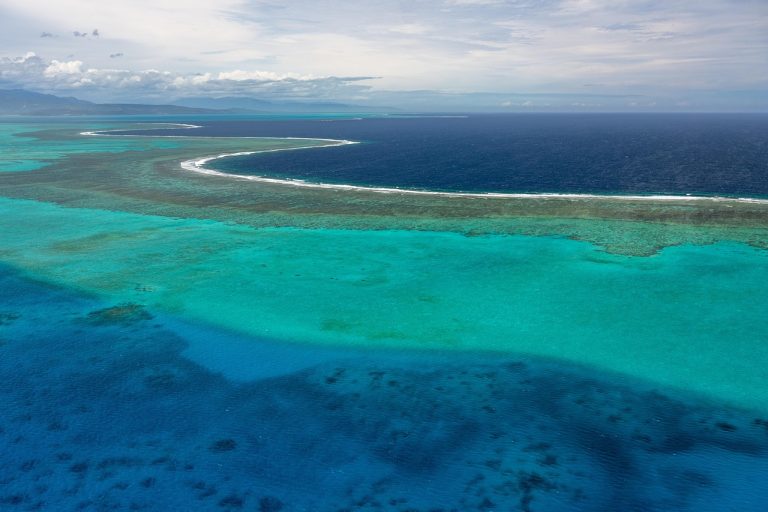New Caledonia, a French territory in the South Pacific, has surged into the UK news spotlight this summer. Political upheaval, renewed debates on independence, and dramatic swings in tourism, all set against the territory’s unique natural beauty, have made it a trending subject in searches and headlines.
Political Turbulence and a Search for New Status
Known for its picturesque lagoons and rich Kanak culture, New Caledonia’s story has turned volatile in recent years. While France has governed the archipelago since the 1800s, the indigenous Kanak population continues to campaign for independence. Following three referendums since 2018, all of which rejected full independence, the territory has been caught in a deadlock.
This impasse took a turn in May 2024, when French moves to expand voting rights to long-term, non-indigenous residents ignited deadly riots. The violence left 14 people dead and caused billions in damage—scenes not witnessed since the 1980s. The UK followed closely, with British media examining France’s colonial legacy and the complex identity of the archipelago. Although French President Emmanuel Macron paused the controversial reform and called for open talks, underlying tensions persisted as both sides sought a sustainable solution.
The “Bougival Agreement”: Hope and Hesitation
A significant breakthrough seemed to arrive in July 2025. The “Bougival Agreement”—formed between French authorities and local political factions—proposed transforming New Caledonia into a “Caledonian State” within the French Republic. This arrangement, unprecedented in French history, would see New Caledonia gain enhanced autonomy while remaining under French sovereignty. The deal also introduced a dual nationality system—French and Caledonian—and promised progressively greater devolution of powers, including international relations, to local leaders.
However, the path forward remains fraught. Pro-independence groups, including the influential FLNKS, formally rejected the Bougival deal in August, requesting a distinctly Kanak-authored agreement by September’s anniversary of France’s annexation. Observers warn that legal ambiguities could trigger more disputes and stall implementation. Political instability remains a key concern for international analysts and travel advisories alike, casting uncertainty over the future direction of the territory.
Life on the Ground: Economic and Social Recovery
The unrest of 2024 delivered a severe blow to both the economy and daily life. New Caledonia’s signature industries—nickel mining and tourism—were hammered by the turmoil. The capital, Nouméa, saw significant infrastructure damage, with normal life upended for thousands. Tourism officials reported a 53% slump in visitor numbers for 2024 compared to the prior year, with months where only half as many people arrived as expected. The cruise sector also dipped sharply, with 2024’s visitor total only 60% of the usual trade.
Yet signs of recovery are emerging. By mid-2025, tourist numbers rose to 4,676 in June, up from 3,348 in May, marking cautious optimism among local operators. Australia’s lowering of its travel advisory in January 2025 brought a boost in bookings, especially from Australian, New Zealand, and family-based visitors. Tourism’s return is critical, as the sector forms the territory’s second-largest source of income after nickel mining. Residents note that life and business are now largely back to normal, though a strong security presence remains.

Economic Outlook and the Importance of Nickel
Nickel mining underpins much of New Caledonia’s economy. The territory holds about 25% of the world’s known nickel reserves, making it a strategic asset, especially for the green energy transition in Europe and Asia. Disruption to mining and exports has rippled internationally, drawing attention in the UK due to supply chain implications for electric vehicles and battery manufacturing.
Efforts to diversify the economy, including ambitious targets for 200,000 tourists and 1.2million cruise passengers by 2025, have been hampered by the instability. Still, government authorities remain hopeful, continuing to invest in infrastructure and marketing to rebuild the territory’s international reputation.
Cultural Identity and Kanak Heritage
Beyond politics, New Caledonia is celebrated for its rich blend of Melanesian and French influences. Indigenous Kanak art and festivals draw visitors alongside French colonial architecture and cuisine. Annual cultural events, such as the Nouméa Carnival and yam festivals, spotlight the territory’s distinct heritage, which remains central to both the independence movement and local tourism.
The dual nationality and expanded powers outlined in the Bougival Agreement could ultimately empower Kanak culture further, but only if both sides find lasting compromise.
UK Connections and Travel Prospects
For UK travellers, New Caledonia offers crystal lagoons, coral reefs, and a cultural tapestry unlike anywhere else. After the difficulties of recent years, British adventure and eco-tour operators are once again eyeing the South Pacific destination as political stability improves. However, all parties urge caution and advance planning, as negotiations regarding autonomy and security arrangements continue.
Conclusion: An Evolving Story with Global Resonance
As summer closes in the Northern Hemisphere, New Caledonia stands at a new crossroads. Its attempt to redefine autonomy has become a diplomatic test for Paris, a cultural reckoning for locals, and a compelling story for international observers. For the UK audience, the fate of this remote, sun-drenched archipelago offers important lessons on self-determination, resource management, and the enduring power of community spirit. In the months ahead, New Caledonia’s journey will remain one of the most closely watched on the global stage—where the tides of history, politics, and culture continue to collide.
Read more: dp world tour


